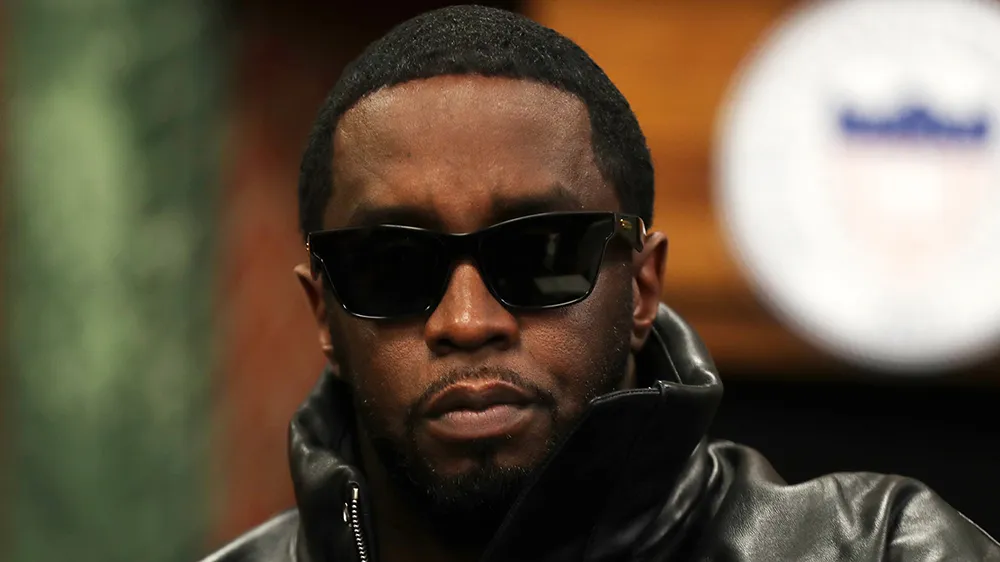On Thursday, February 29th, a federal judge made a ruling that the woman who is suing Sean “Diddy” Combs must disclose her identity as the case progresses. This decision was made despite acknowledging the potential impact on the woman due to the disturbing nature of the allegations. The judge stated that the woman had not provided sufficient evidence to justify proceeding anonymously.
The judge referred to past cases involving John and Jane Doe accusers against Kevin Spacey and Harvey Weinstein, respectively, where anonymity was denied. The judge emphasized that allowing anonymity in the U.S. court system is uncommon.
The ruling will not be implemented immediately; the accuser’s identity will only be revealed after the judge decides on Diddy’s motion to dismiss the lawsuit. The timing of this decision is uncertain. However, if the case continues, the accuser will be required to disclose her name.
This ruling is part of several abuse cases filed against the hip-hop mogul late last year. In this particular case, the unnamed accuser alleges that Combs and former Bad Boy Records president Harve Pierre sexually assaulted her in a Manhattan recording studio when she was a high school junior, after providing her with drugs and alcohol.
Combs has vehemently denied the allegations, stating, “I did not do any of the awful things being alleged. I will fight for my name, my family, and for the truth.” He formally responded to the lawsuit last week, asserting that the allegations are fictional and violate his constitutional right to due process.
The debate over whether the accuser could proceed anonymously has been ongoing for months. The accuser argued that media attention would cause additional trauma, while Diddy’s attorneys argued against anonymity, stating it would be unfair to him.
Ultimately, the judge sided with Diddy’s argument, stating that the accuser had not demonstrated the necessary harm or vulnerabilities to warrant special status.



















+ There are no comments
Add yours